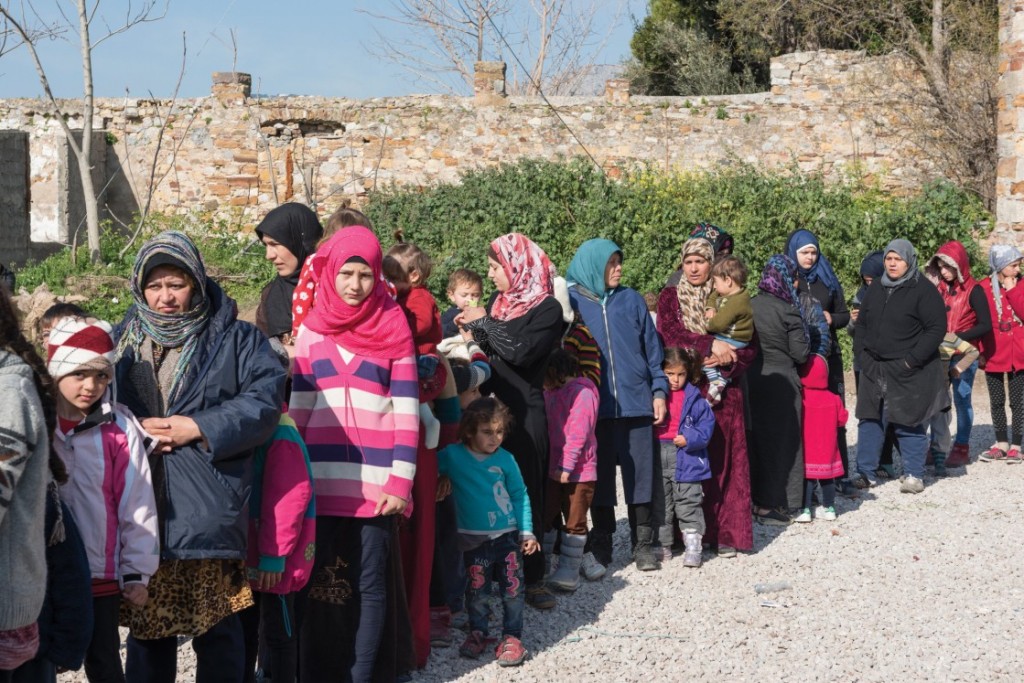My wife, Liza, and I and our two young daughters moved to Cyprus in 1990 to join a small group of like-minded Christians that would become Trinity Christian Community Fellowship, now Trinity Evangelical Church. Our minds were filled with the idealism of 20-something-year-old Christians. I want to be quite candid from the outset about the various influences on us and how our thinking was shaped as we were plunged into the world of illegal migration and asylum seekers.
We came to Cyprus prior to the first Gulf War. Saddam Hussein was the “bad guy” according to human rights groups but had not yet invaded Kuwait. Cypriots saw the results of his rule: a member of the Greek Evangelical Church (GEC) had found Iraqi Assyrian families searching through the dumpsters at the back of a market. There was no public provision for asylum seekers in pre-European Union Cyprus. The value of the Iraqi dinar was low. Their limited funds were exhausted, accelerated by an unscrupulous ...
